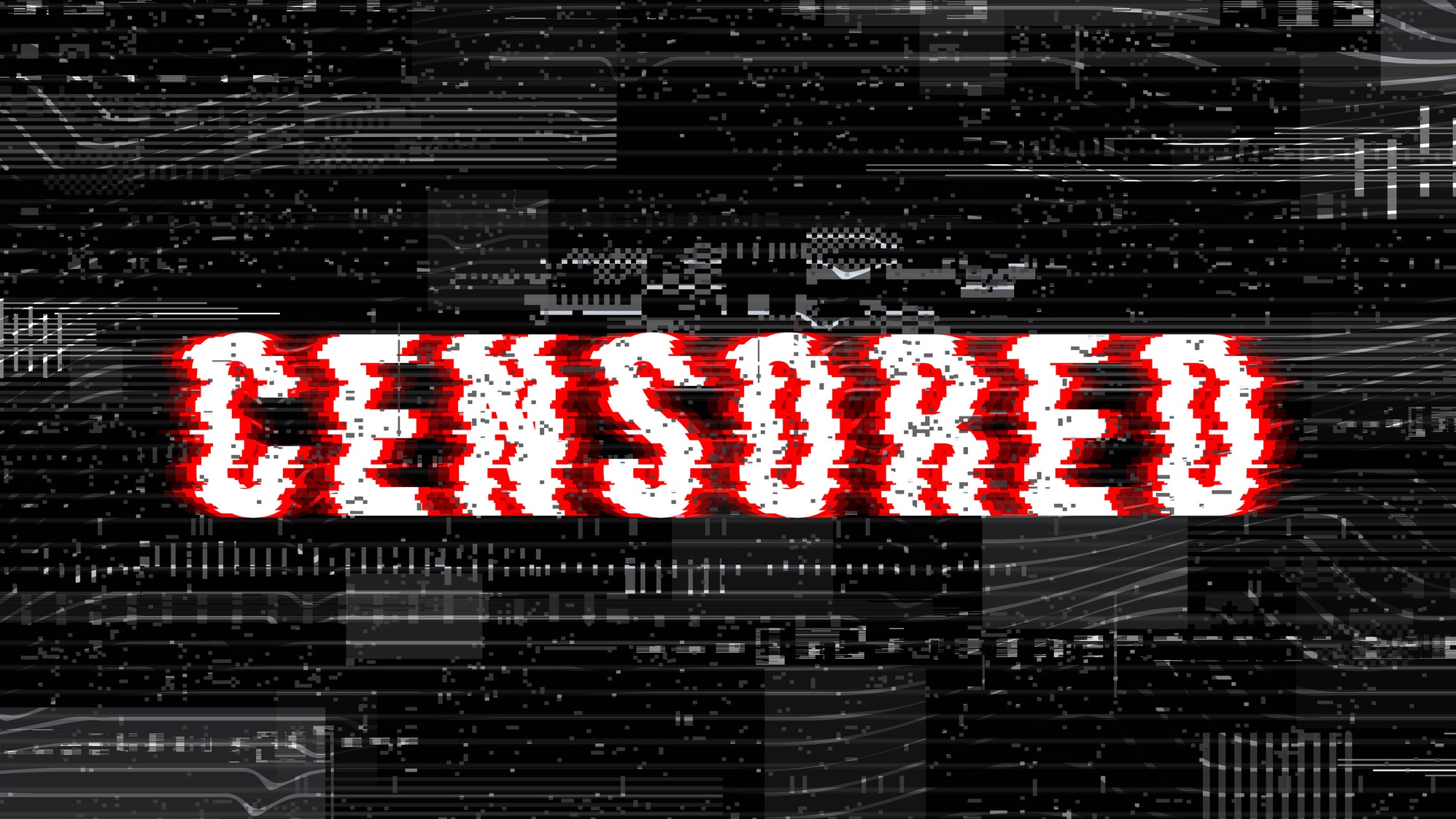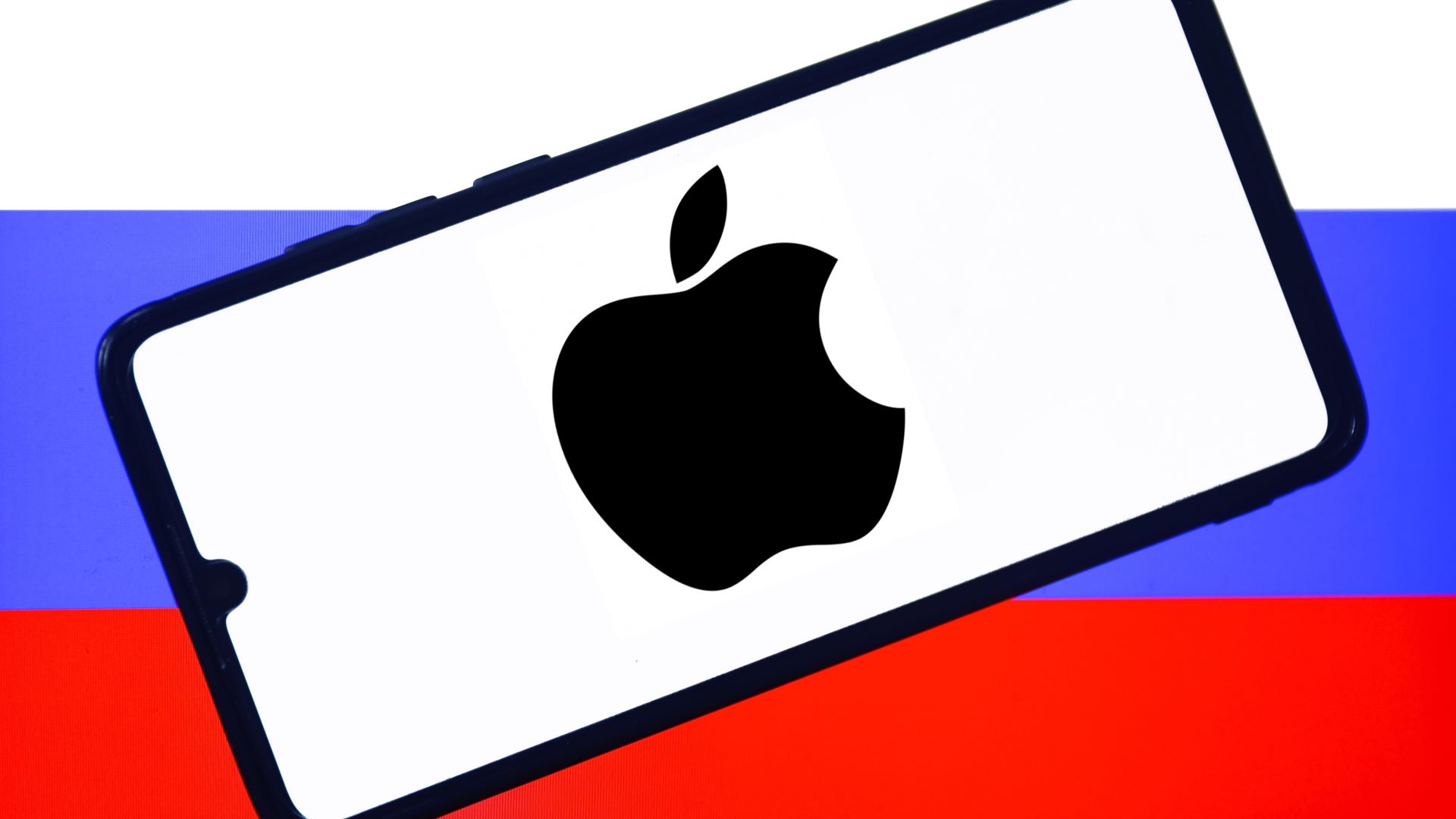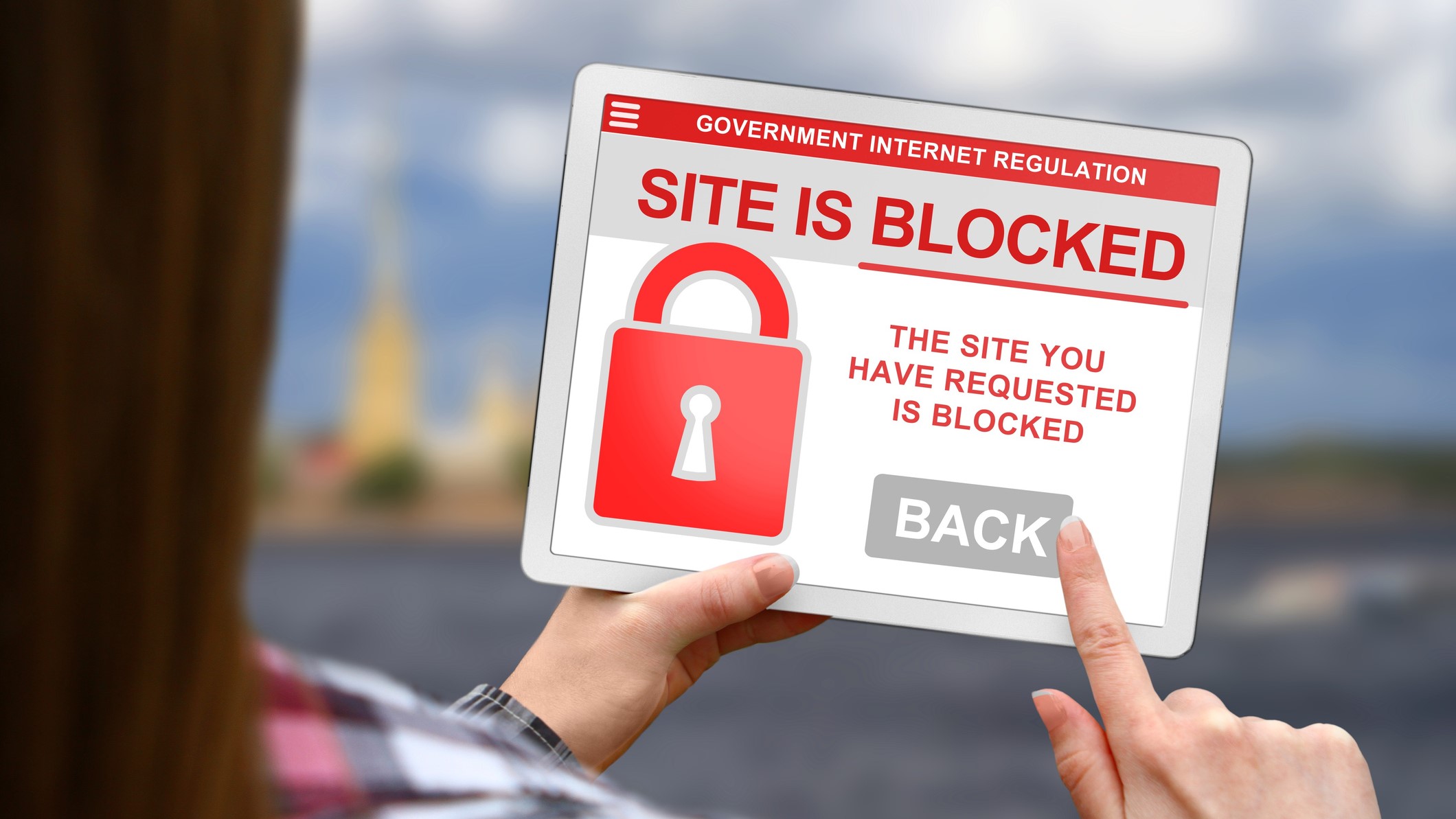Google, Apple, and internet restriction – how Big Tech is making censorship "much worse" according to experts
Apple keeps killing VPN apps upon Russia's orders

Big Tech firms have long attracted criticism for cooperating with authoritarian governments to censor the internet. Now, a recent investigation by The Observer sheds new light on how Google has increasingly co-operated with the likes of Russia, China, Iran, and Afghanistan to facilitate censors' requests.
According to data collected by Surfshark, worldwide content removal orders to Google have more than doubled over the last decade, and the Kremlin accounted for over 60% of requests between 2020 and 2024.
Yet, according to the co-founder of Russian digital rights group Roskomsvoboda and RKS Global Expert, Sarkis Darbinyan, Google's approach to authoritarian censors is better than its biggest competitor – Apple. He told TechRadar: "Google is currently resisting Roskomnadzor's demands to remove VPN apps from the Google Play Store. The situation is much worse with Apple."
About 100 VPN apps killed
Virtual private network (VPN) apps are crucial for people living in restricted internet environments, enabling users to circumvent government-imposed blocks. This is exactly what the Russian government has long tried to prevent.
Over the years, these efforts have included beefing up authorities' VPN blocking capabilities, introducing new laws prohibiting advertising censorship-circumventing tactics, and requesting cooperation from Big Tech firms.
Around 100 VPN apps have disappeared from Russia's Apple App Store so far. Among these, Apple killed over 60 applications between July and October last year alone.
One of the most striking cases, Darbinyan explains, was Amnezia VPN, the software developed by Roskomsvoboda precisely to resist Russia's tough censorship.
He said: "[Amnezia VPN] Developers received a midnight notification from Apple stating that their app had been flagged by Roskomnadzor for removal. Within 3 hours, the application was no longer available on the Russian App Store."
Between October and November 2024, the applications of some independent media outlets also disappeared from the Apple App Store.

Indeed, Google has often complied with the Kremlin's removal orders, too. Last year's rise of censored content on YouTube in Russia, for example, attracted strong criticism from the digital rights community, with experts calling on the platform to "stop helping Russia censor free speech."
Nonetheless, in Darbinyan's experience, Google appeared more willing to find a balanced solution whenever possible. "Although we still have questions for Google and Meta, so far these two companies have shown a much higher level of transparency and willingness to consider individual cases from Russian civil society and human rights activists," he said.
Crucially, Google and Meta have in some instances restored deleted content and channels after private interaction with digital rights experts, Darbinyan explains. Something that didn't occur with Apple.
He said: "[Apple] has a very formalized approach to this issue, does not show what it is deleting, does not respond to any letters or requests."
The role of Big Tech
The approach may differ, but the result doesn't change – a handful of Big Tech firms play a crucial role in promoting or restricting people's internet freedoms worldwide.
As Proton VPN's General Manager, David Peterson put it: "Tech companies are now the gatekeepers of our digital freedom – and with such power comes the responsibility to protect free speech and combat censorship. Whether they resist or enable censorship shapes not just the internet, but democracy, human rights, and personal freedoms."
As we have seen in the Russian case, a different approach to a blocking order has led to a considerable distinction between Android/Windows and iPhone/Mac users within the country. If the first group can still easily download an Android VPN app on their smartphone, the latter has to find some workarounds to keep doing that.
The Russian example also shows transparency is key to navigating content removal and blocking orders. The Observer's investigation highlights Google's "opaque process for removing content and incomplete data," with some critics expressing concern that Big Tech is "playing God" with little oversight and accountability.

Surfshark's Research Lead, Luís Costa, agrees that the lack of details in Google's Transparency Report doesn't allow a full picture of the matter.
He told TechRadar: "Assessing the full impact of content removal requests is challenging, as the report provides request numbers but does not offer full details behind each one. However, such a significant rise in removal requests signals the increasing global effort to regulate content on digital platforms."
Besides better transparency, though, can Big Tech actually refuse to comply with content removal requests? According to experts, yes – these companies can and should.
Darbinyan from Roskomsvoboda argues that Big Tech cannot deny its involvement anymore by simply complying with "ill-conceived" local laws. He believes these firms should change their global policy around content removal, not only in terms of national law but also to make it in line with international human rights standards.
"Obviously, when some repressive laws contradict international and American law (for example, the Russian law banning LGBT propaganda, childfree, dissemination of information about VPN, web resources of undesirable organizations and foreign agents), such a request should be denied," he said.
For Proton, Big Tech should also stop prioritizing business over people's rights. "A single decision can have massive consequences for people," said Peterson. "When Big Tech prioritizes profits over freedom, entire countries risk being cut off from the world."

Chiara is a multimedia journalist committed to covering stories to help promote the rights and denounce the abuses of the digital side of life – wherever cybersecurity, markets, and politics tangle up. She believes an open, uncensored, and private internet is a basic human need and wants to use her knowledge of VPNs to help readers take back control. She writes news, interviews, and analysis on data privacy, online censorship, digital rights, tech policies, and security software, with a special focus on VPNs, for TechRadar and TechRadar Pro. Got a story, tip-off, or something tech-interesting to say? Reach out to chiara.castro@futurenet.com
You must confirm your public display name before commenting
Please logout and then login again, you will then be prompted to enter your display name.